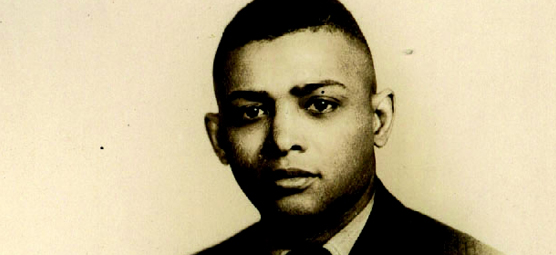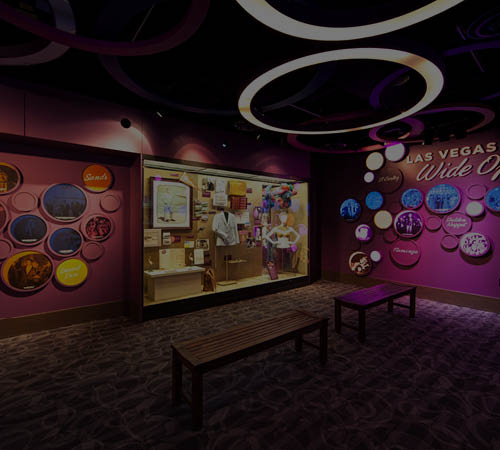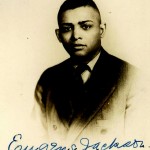Slain Prohibition agent Eugene Jackson recognized during Black History Month

African Americans have served in law enforcement in many ways, and they’ve been essential in efforts to curb the power of the Mob. During Black History Month, The Mob Museum wants to highlight one of those many African Americans who served in law enforcement.
Eugene Jackson was the first African-American special agent for the Prohibition Bureau, the Justice Department agency that was charged with enforcing the prohibition on the manufacture, sale and transportation of liquor, wine and beer. He was also the first African-American agent to die in the line of duty.
The federal government enacted Prohibition in 1920 through the 18th Amendment to the U.S. Constitution and its enabling law, the Volstead Act. Gangsters such as Al Capone and Meyer Lansky, among many others, circumvented the law and made themselves rich and powerful in the process. The law was unpopular (it eventually would be overturned in 1933), and so Prohibition agents such as Jackson had a tough and often dangerous job.
On July 31, 1932, Eugene and Lillie Jackson (they had been married just one month before) were out with a friend. Jackson had been working as a Prohibition agent since 1925 in a temporary status, but in March 1932 he had passed a written exam and had been granted permanent status. With that change in status came a transfer from Washington, D.C., to Chicago, a city that had made headlines all over the world for the level of violence associated with the “beer wars” for control of bootlegging rackets.
Jackson was out with his friend, James Fletcher, who was an armed Narcotics Bureau agent, in the neighborhood to which they both had recently moved. Jackson saw a man on the street taking cash for the delivery of a package wrapped in a brown paper bag. He knew right away that it was liquor. Jackson approached the man and asked to buy liquor.
Lillie Jackson pleaded with her husband to ignore the liquor dealer, but Eugene insisted it was his duty, “day or night, to make a case against bootleggers,” an account of the incident says on the Bureau of Alcohol, Tobacco, Firearms and Explosives (ATF) website.
When the dealer, later identified as Drew Clark, returned with liquor, Jackson identified himself as a Prohibition agent. Clark drew a pistol and shot Jackson twice. He then turned and fired four shots at Fletcher, who was still on the scene. Clark ran down the street with Fletcher in pursuit, but Clark evaded immediate capture.
Fletcher returned to Jackson, put his friend in the car and drove him to Chicago’s Provident Hospital. He died a few minutes after arriving at the hospital. Clark was arrested about a week later.
Jackson’s death is a reminder of the sacrifices made by many men and women of all backgrounds and ethnicities in the effort to enforce the law.
Feedback or questions? Email blog@themobmuseum.org






